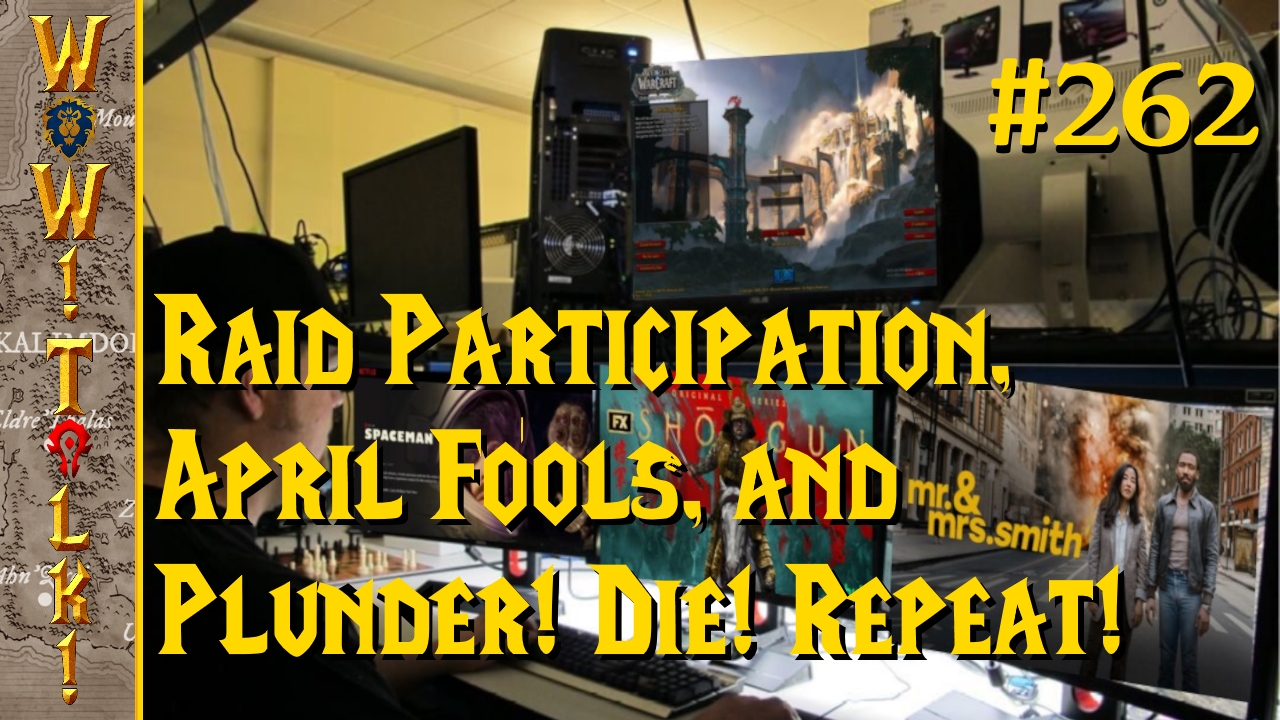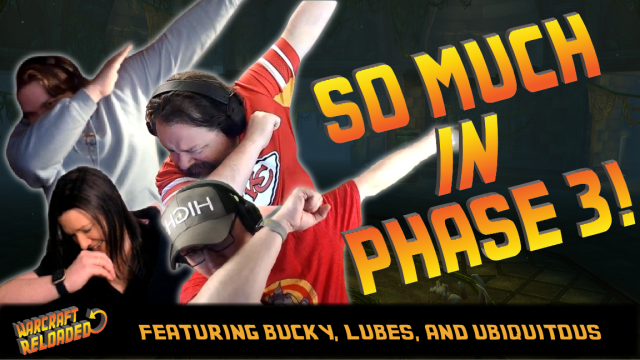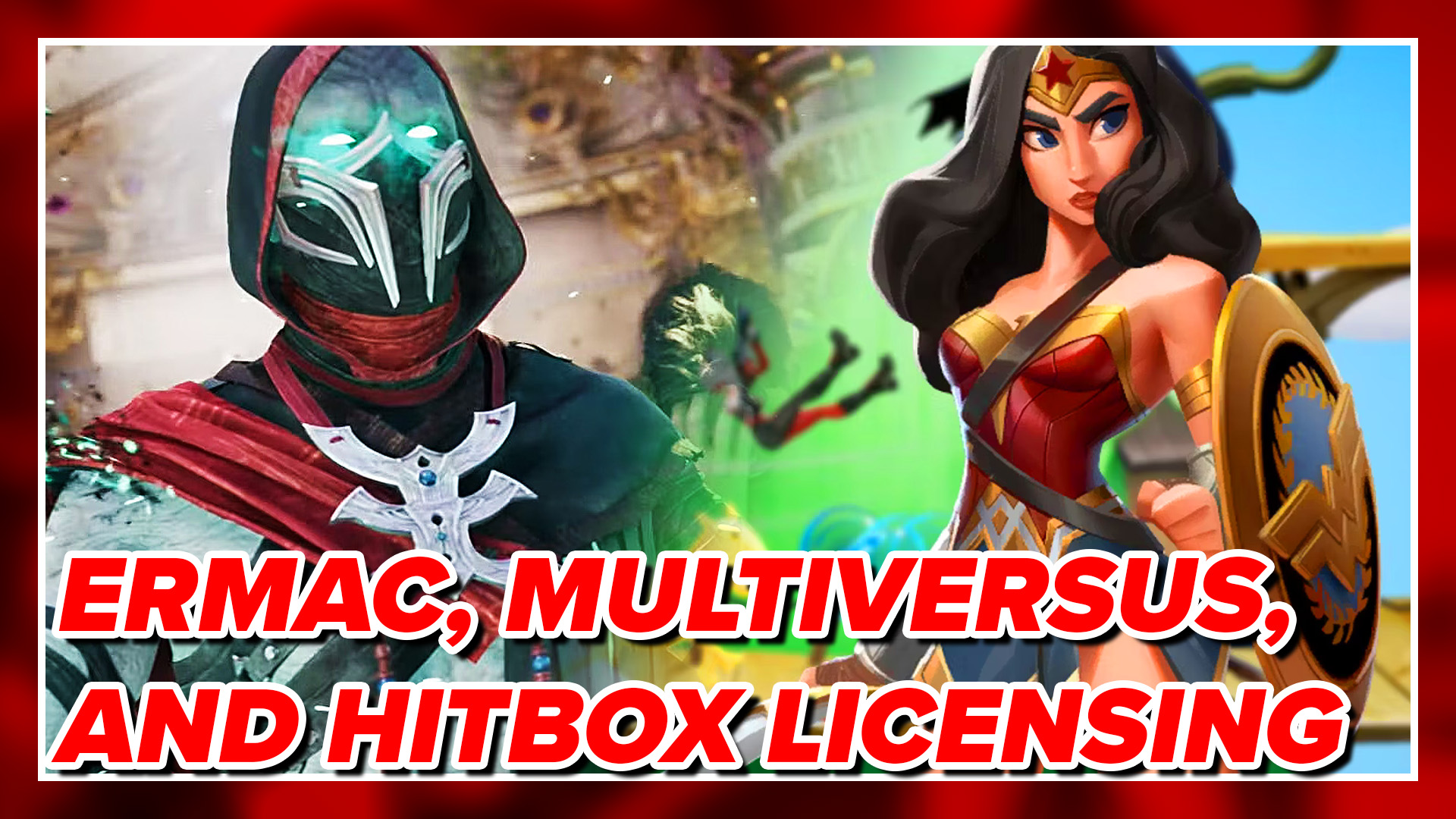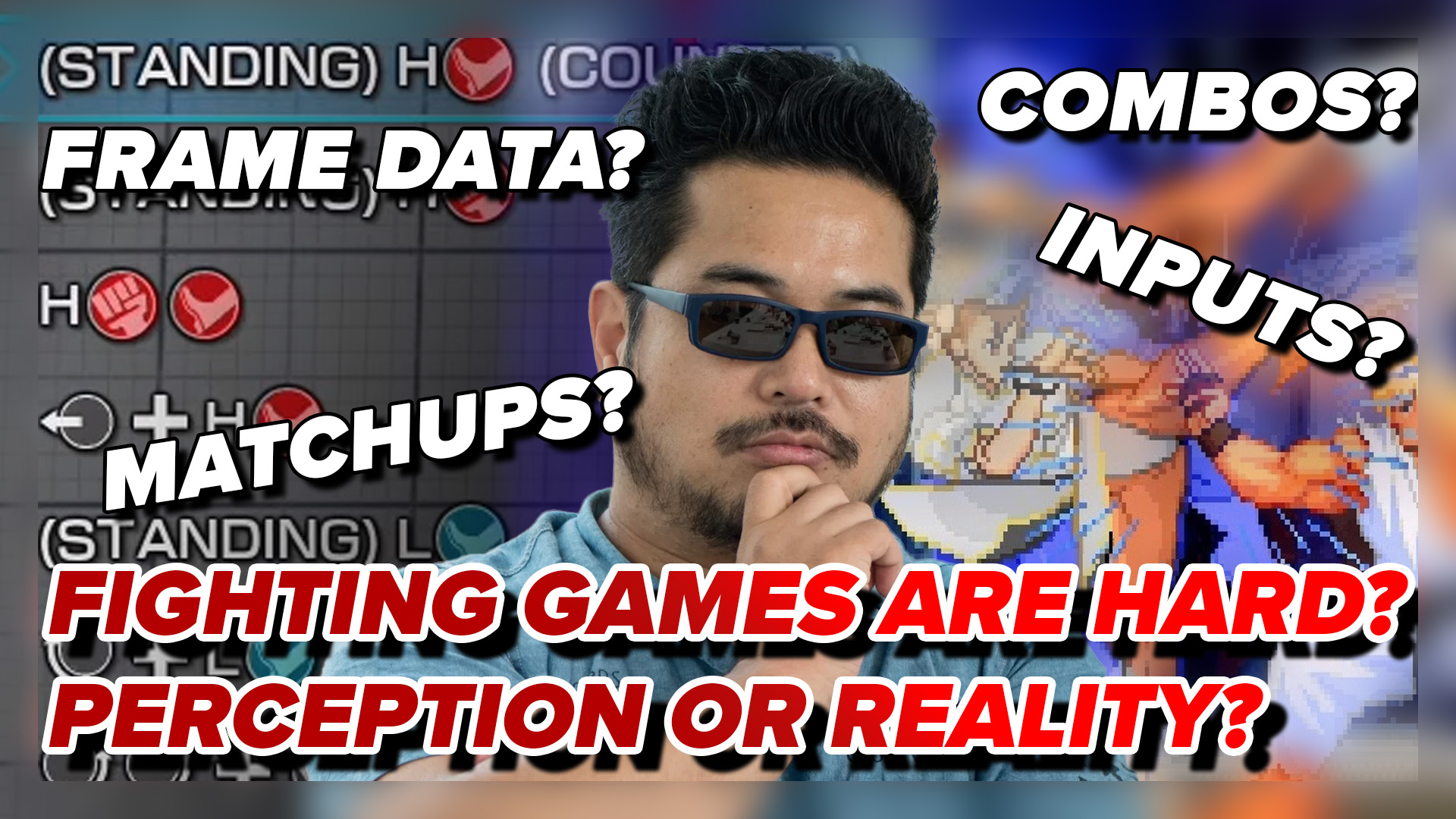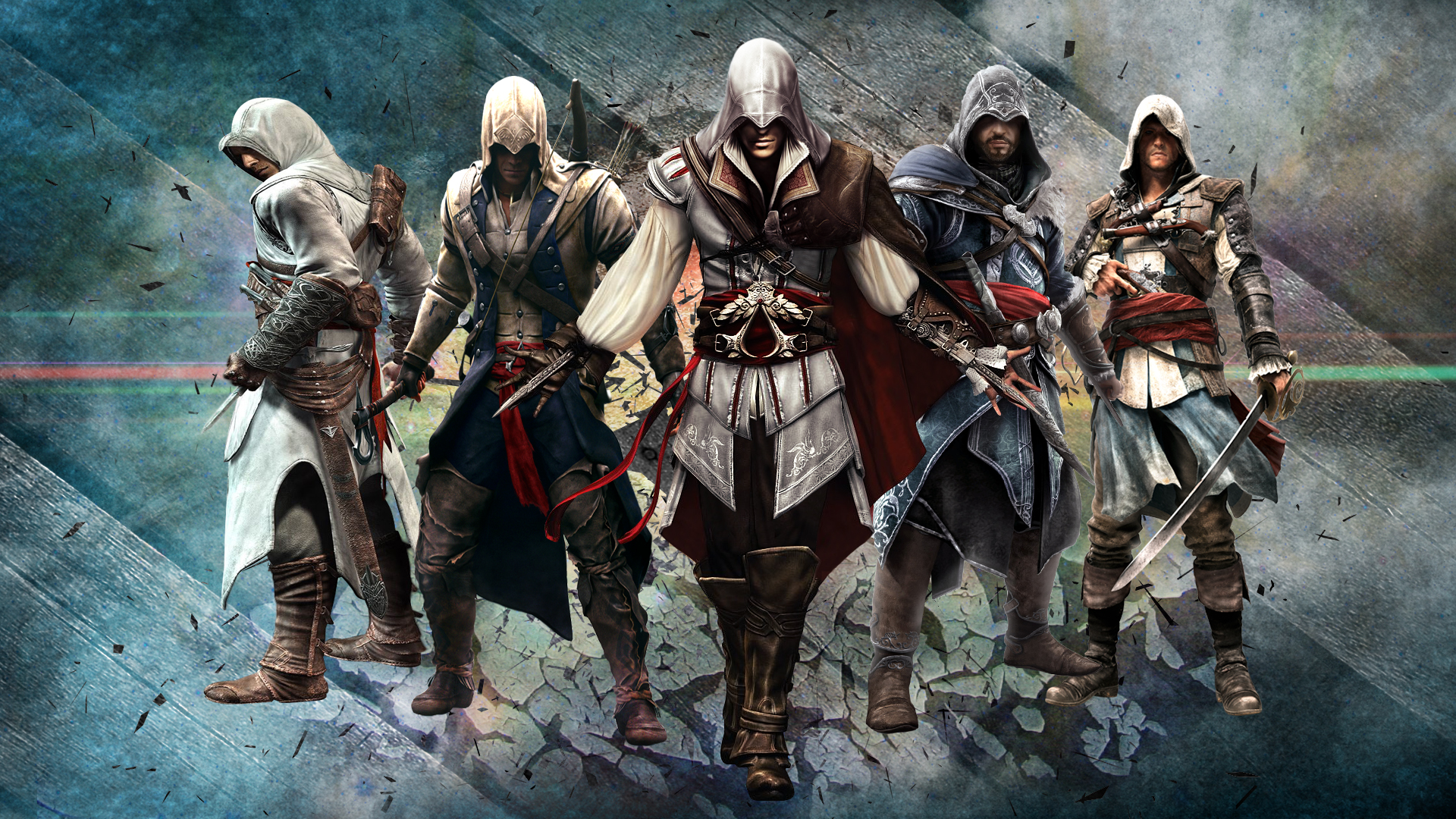
Preface: SPOILERS AHOY!!!
I’m going to try to save some of you some time. If you aren’t a fan of the Assassin’s Creed series or the lore, then you may not care about anything I’m about to say. I just finished Assassin’s Creed IV: Black Flag literally about four hours ago as of writing this, and I have to admit the game was way better than I EVER expected. It’s like a ritual at this point for me to do my yearly Assassin’s Creed review, and the past two (Revelations and Assassin’s Creed III) were disappointing. I pushed my way through AC3 after losing interest in it about five hours in, and I expected Black Flag to be a similar experience. Instead, my review is late because I clocked 40 hours into it, and only finishing it thanks to a 13 hour grind session that’s one for my personal record books.
Obviously I enjoyed the game, but after finishing it and getting the full story I came to a realization: Ubisoft has no idea where to take this series. This not a conclusion I’m drawing from playing one game, but when I look at the overall arc of the series it’s clear that the direction it was once sailing was disrupted at some point, and now we are reaching a point where it’s becoming more obvious. In order to show you where my opinion is coming from I’ll need to talk about the stories, and specifically, the endings of the games. Spoilers ahead; you have been warned.
While the most memorable characters are the Assassins you play as, the element that holds the series together and gives any sense of purpose to the Assassins of the past is the modern day narrative. Without it, Ubisoft would just have a series of games with the same name with no cohesive story. Everything that was done in the series through Assassin’s Creed III was all done for Desmond Miles – the main character of the modern day narrative – to show him the way and what he needed to do to save the world. I’m not talking about Altaїr and Ezio revealing the location of the Apples, but Minerva’s message to Desmond through Ezio, Ezio then revealing the location of the temple where Desmond meets Juno, Ezio (once again) acting as a conduit for Jupiter to send another message to Desmond about the Central Vault, and Connor to relay the location of the temple key. Without a good modern day narrative the games feel aimless. You’re fighting the same battles over and over again, and even though the Assassins are victorious at the end of each game, they are the underdog at the beginning of each new game.
I originally thought the cracks started to show in Assassin’s Creed: Revelations, but once I really thought about it, I think they started to show at the end of Assassin’s Creed: Brotherhood. I consider Brotherhood to be the height of the series. Everything in that game was a step up – the way it looked, your tools, the way you were able to traverse the city, and the upgrades to combat were all improved. Just as you’re getting deep into the story, though, it felt like the brakes were hit hard, as once you get the Apple the story feels extremely rushed. It’s almost like they got to a certain point and didn’t know how to wrap up the game, so the pacing was off. The fact that Patrice Désilets, series creator, left Ubisoft a few months before Brotherhood was released might have something to do with this.
Revelations, from a story perspective, was almost completely useless. It doesn’t push the story forward in a meaningful way. For the most part it gives players closure on what happens to Ezio and Altaїr, confirms that Lucy is dead (which I still don’t believe was the intention of Désilets), and provides a bit of clarity on what the doomsday situation that we are trying to avoid is: the solar flare. Even that bit of information wasn’t needed since it was heavily hinted during Minerva’s message and then again during “The Truth” segment of Brotherhood (The situation could have easily been clarified by Minerva or Juno in Assassin’s Creed III). The most meaningful part of Revelations was the fact that an unconscious Desmond and team were traveling to New York thanks to the coordinates obtained during the Da Vinci Disappearance DLC from Assassin’s Creed: Brotherhood. The fact that players could have easily gone from Brotherhood to AC3, having what little story they missed filled in early during AC3, made me feel like Revelations was just filler to fulfill their Assassin’s Creed quota for the year while they tried to figure out what to do with the story.
![]()
Assassin’s Creed III definitely moved the story forward as it concluded the doomsday story arc. The problem with AC3 was that, for a game that was supposed to be the climax of this part of the story, it was underwhelming. The game was less about Assassins vs. Templars and more about angry orphan on a solo quest for a revenge against the people who just happen to have the item that was needed in the present time. You got to do more as Desmond this time around, but the modern day missions didn’t feel polished at all (if I didn’t laugh the first time I saw a security guard “aim” a gun, I might have cried).
Instead of providing new insights throughout the game, Juno decides to remind you about stuff you already heard about in previous games (About the first civilization) every time she crops up in the temple. Finally, at the end of the game Desmond decides to sacrifice himself so the temple can activate and stop the solar flare in a dialog sequence and cutscene that I can only describe as anticlimactic. The big whoop was that Juno wants to rule over mankind, and by Desmond’s actions she was able to enter into our world. The last thing you see in modern times is Juno stepping forward and Desmond laying on the ground dead. I guess the devs wanted to leave us with a cliff hanger that made us eager for the next game, but in my case it was a big “WTF” and “is that it?”
AC3 left a bad taste in my mouth and I felt let down by the story. The only reason I would even consider getting the next Assassin’s Creed was if they kept and improved the best part of AC3: naval combat. And that they did. They damn near built the entire game around sailing. Make no mistake, Assassin’s Creed: Black Flag is a pirate game with Assassins and Templar thrown in to make it relevant to the title instead of being a pirate-themed Assassin game. Despite what marketing would tell you, Edward Kenway was no Assassin, nor was he trained by Assassins, and he never became an Assassin. He didn’t become friendly with the Assassins until near the end of the game, and I’m talking like the last three hours or so.
While I enjoyed the game greatly, at the same time I felt that it was losing its identity. The only reason Edward even engaged the Templars was because they got in his way while obtaining access to The Observatory; something he thought would be worth a lot of money that he wanted to sell. It was to be his big score that would lead him to the good life he always wanted. Edward’s story didn’t add much to the Assassin’s lore, the game only loosely being associated with the Assassin’s Creed games at all.
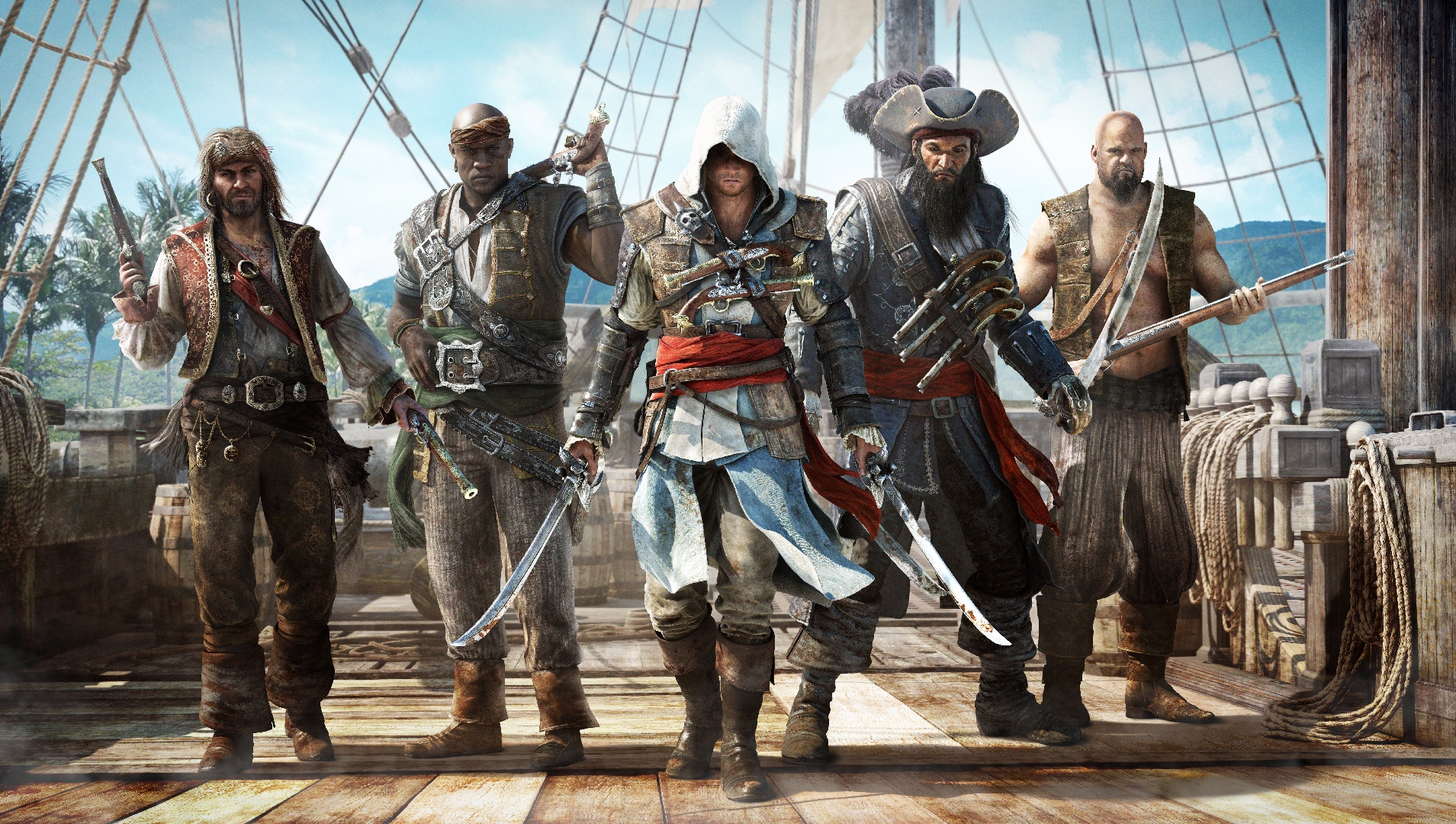
What’s driving me further to believe that Ubisoft isn’t sure what to do with the series is what happens during modern times.Once again there isn’t much progression to the story. The ultimate discovery that Juno hasn’t fully entered our world because she needs something was insightful, but nothing that moves the story forward much. There is a ton of filler information that you get from hacking computer terminals – things like what happened to Desmond’s body, information on the beginning of the Animus project, additional character information, and more on the background of Abstergo. All this information provides insight on things that have previously happened, but there’s nothing there that tells me this series has any direction at this time. We know that Juno is still coming, we know she has a least one person who was trying to pull her through, and that’s it.
What it looks like to me is that Ubisoft took one of the most popular elements (naval combat) of AC3, expanded it exponentially, used a setting that would best suit that element, and then pumped out a game. From a story perspective, Black Flag is as useless as Revelations. The three major revelations of Juno’s state, the sage, and what happened to Desmond all could have been easily put into another game with a story that actually pushed the series further.
Between Assassin’s Creed III and Assassin’s Creed: Black Flag it feels like the series is losing its identity. It used to be about the battles between the Assassins and Templars, but AC3 was a story of a revenge and Black Flag was about being a pirate. That, in combination with the fact that out of the last three games only one pushed the story, further tells me that Ubisoft doesn’t know exactly what it wants to do with the series. I understand that they want to keep the games fresh so that people will buy them every year, but especially in the case of Black Flag, Assassins and Templars could have easily been removed from the game and the core would have been the same.
As I mentioned earlier, if you aren’t a fan of the series or perhaps the lore this probably means nothing to you. You enjoyed the game for what it is, and I have no problems with that at all. That’s what I did. Despite all that I’ve said I still had a spectacular time with Black Flag, but that structured path the series was on at one point has definitely broken down. I guess that doesn’t really matter if I bought the game anyway, though. There was a time when I wouldn’t consider skipping an Assassin’s Creed game, but now that the series is losing its identity and Ubisoft doesn’t appear to be concerned with producing a powerful, cohesive story, it will be that much easier for me to skip iterations, and perhaps lose interest overall if the series declines. Hopefully that doesn’t happen because I love playing good games, but if it does, oh well – on to the next one.

